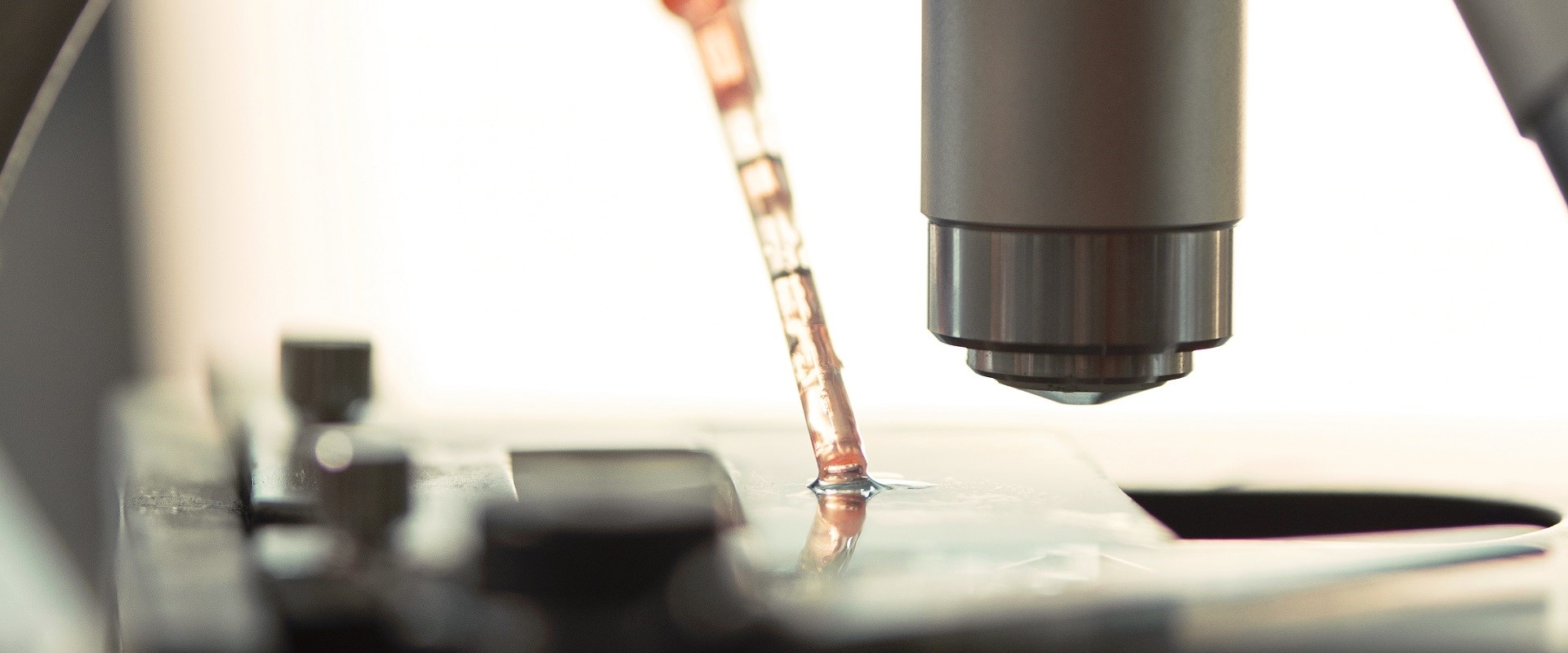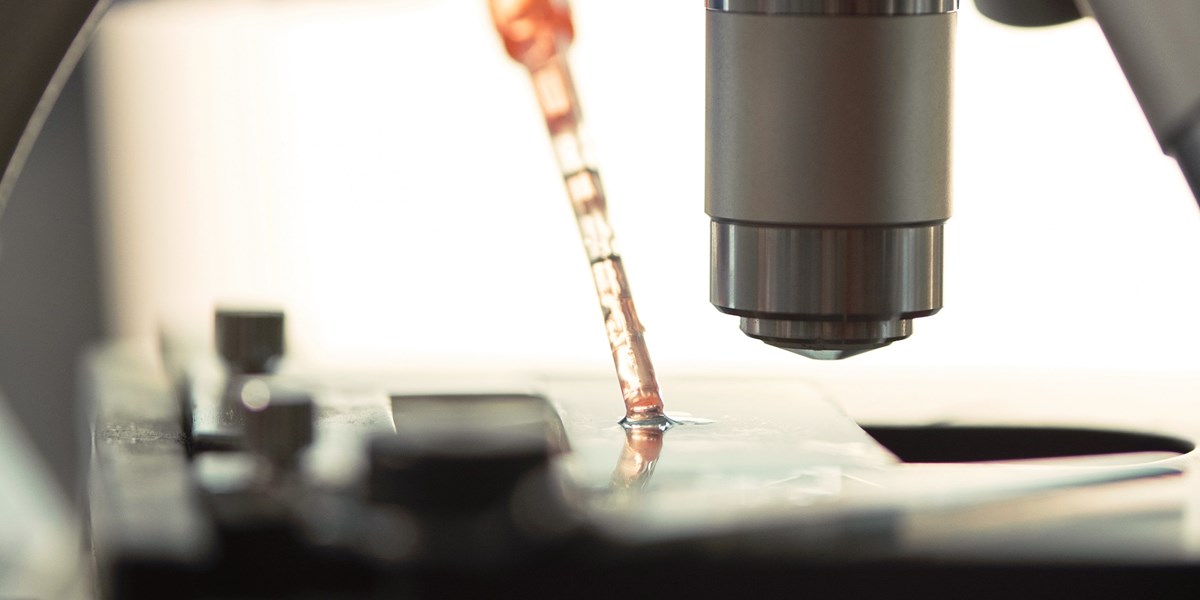Anybody who has worked in a lab will know that getting a protocol to work isn’t as simple as just following the instructions printed in a journal. Even routine optimisation takes a lot of time, once you know the secret it’s easy to replicate, and protecting this knowledge can be very valuable to biotech companies.
In the collaborative context of academia, this can seem strange - why wouldn’t I share my optimised variables? However, much like how dialling in a technique is essential for getting the results you need, protecting these trade secrets can be critical to commercial success and give you the edge over your competitors.
Whilst many biotech founders are well aware of the importance of patents in an IP strategy, trade secrets can be overlooked. This may be because they are the “public facing” side of your IP strategy, as they are published. This is part of the strength of patent protection, which serves as much as a visible deterrent as it does a cudgel in litigation.
Trade secrets, however, can be just as important for putting your technology into practice, and a highly effective tool for gaining competitive advantage.
WHAT IS A TRADE SECRET?
Within the EU, trade secrets come under the EU Trade Secrets Directive (2016/244/EU), and this directive was also implemented into UK law and remains in force following Brexit.
The EU Trade Secrets Directive defines information that could be recorded as a trade secret if:
- It is kept secret.
- It has commercial value because it is kept secret.
- Reasonable steps have been taken to keep the information secret by those responsible for controlling the information.
Like patents and other “hard” IP, trade secrets can be sold or licensed, and make up part of the value proposition for investors.
There are also legal remedies available for breach of confidence or unlawful acquisition of trade secrets. However, the drawback with confidential information is that once it is shared, it is in the public domain - whilst you can sue for compensation, the damage can’t be undone.
WHAT CAN BIOTECHS PROTECT WITH TRADE SECRETS?
Any information meeting these criteria is suitable for trade secret protection.
Firstly, most patent applications start out as trade secrets. During development, immature patentable technologies remain valuable, and secrecy is of the utmost importance. This might include putative molecular targets or preclinical leads, even if these are not continued with at this stage. By keeping them secret, you can revisit or repurpose this knowledge at a later date without giving your competitors a head start.
However, for biotechs, lots of valuable trade secrets will subsist in the kinds of optimisations that can and will never form the basis of a patent application. Media formulations, plating protocols, growth conditions, and verification tests are valuable even if they are unlikely to meet patentability criteria.
In some cases, trade secret protection may even be preferred over patents. Trade secrets remain private, and if this confidentiality can be maintained then exclusivity can be maintained indefinitely.
This is particularly relevant in data analysis - unlike features present in the products you provide to your customers directly, in silico aspects such as training data, variable weightings, and trained models can often remain within a “black box” under your control. As data science becomes increasingly important to biotech, these assets will potentially form a major part of the value of a company.
HOW CAN BIOTECHS PROTECT THEIR TRADE SECRETS?
The cornerstone of trade secret protection is forming a coherent trade secret policy. This might include:
- Setting up a system for identifying and assessing trade secrets.
- Creating a formal register of trade secrets.
- Training staff on the need to maintain confidentiality.
- Preventing the loss of confidential information with departing staff.
- Ensuring that contracts and agreements discuss trade secrets, including ownership and obligations of confidentiality.
A strong first step towards protecting and exploiting your trade secrets is our SafeGuard - Trade Secrets Audit & Protection service.
Whilst no substitute for robust and comprehensive patent protection, biotech start-ups and established companies alike can leverage their trade secrets to secure investment, build value, and carve out a position of exclusivity that their competitors find impossible to surmount. Through a holistic IP strategy, encompassing overlapping, complementary, and comprehensive rights and policies, biotechs can forge a path to success.





